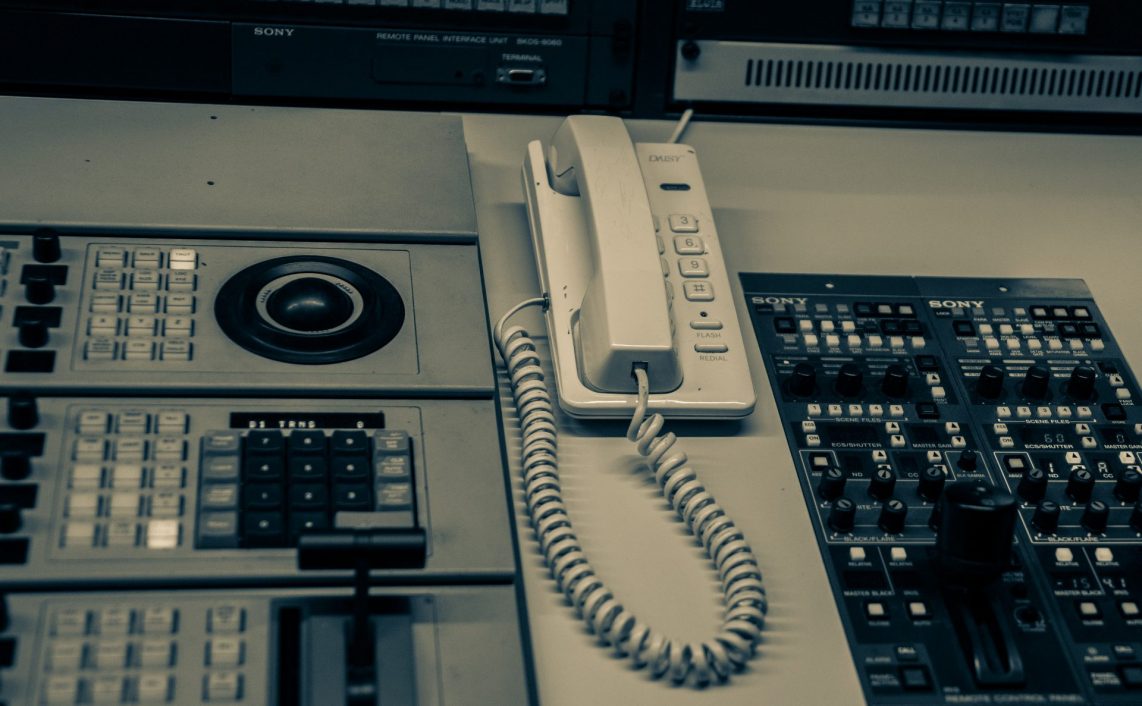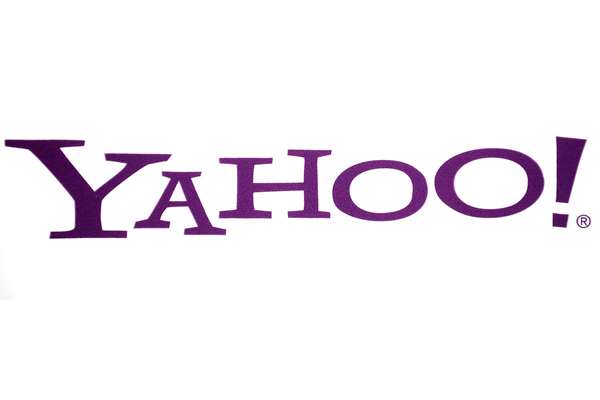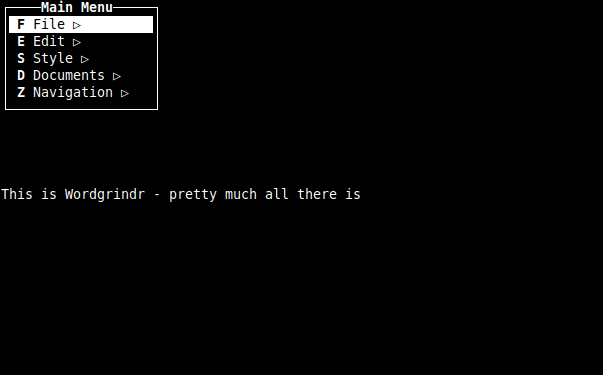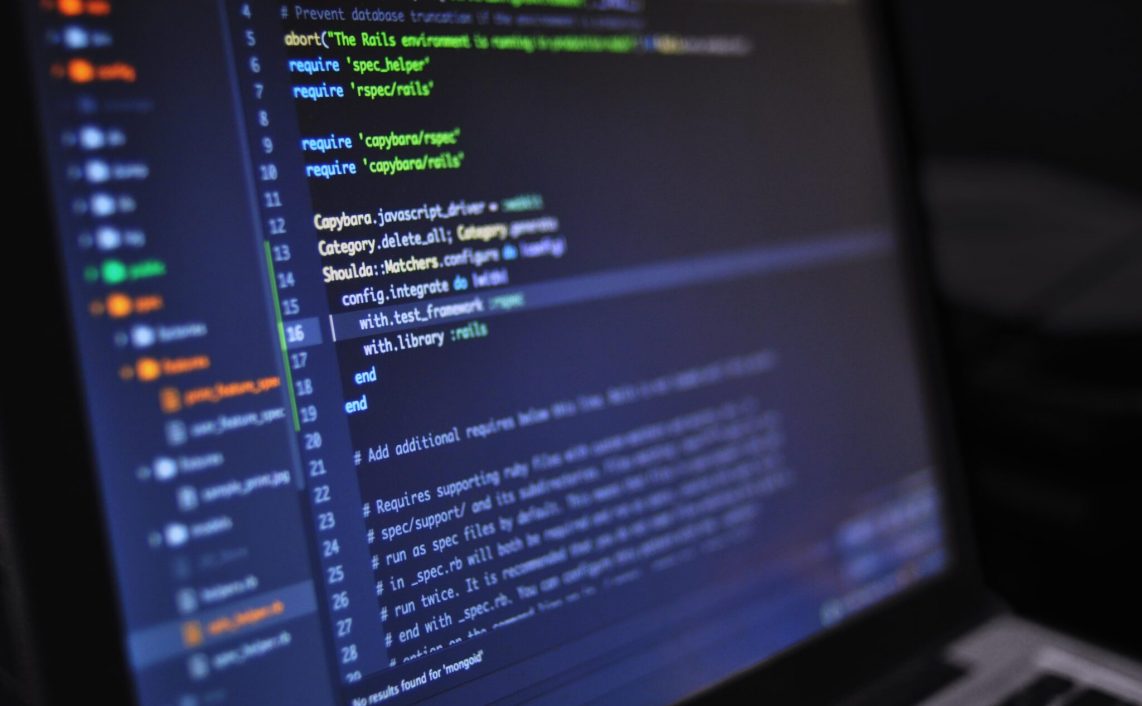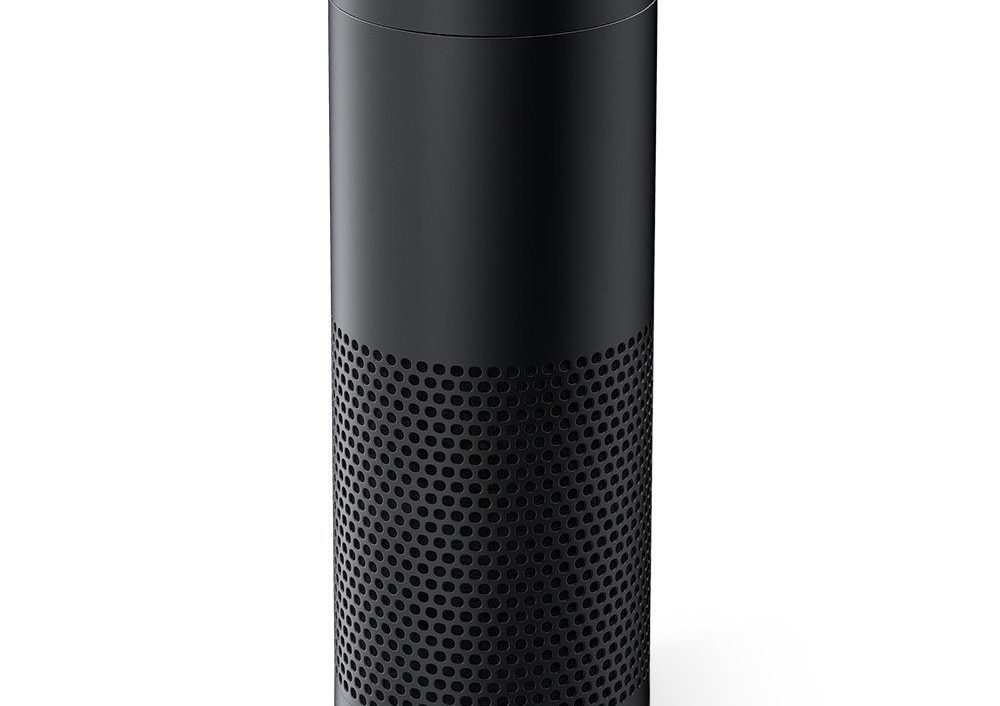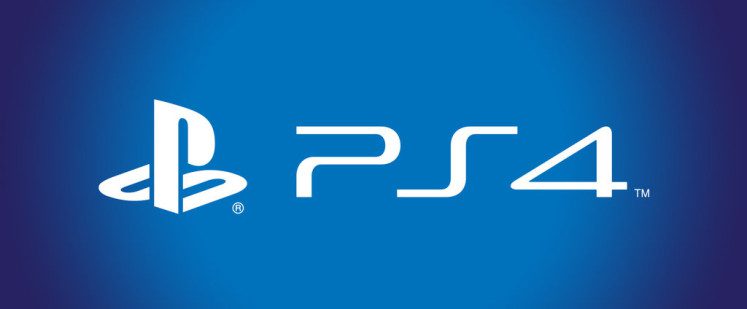
Amazon announced its new Kindle lines today. The first thing that is going to hit everyone is the price drops. If we focus on the Android-based tablet line, Amazon released the new Kindle Fire for 159.99. This is obviously in response to Google Nexus 7 tablet. The only thing they have via each brand is an ecosystem (both comparatively similar out of the box) and price. Let’s also be realistic. The majority of Americans still will just look at the price and think two things. The first is they will buy the cheapest thing available and believe it is comparable to everything else. The second that more savvy Americans will think is that it’s a piece of junk.
Neither of those conclusions is correct. You also have the Apple angle to consider. Regardless of how you try to change the perception, of the average consumer Apple devices always seem to cost more than other options. If we look at the computers, Apple might be more expensive based on specs. The build quality of an Apple computer is far superior. I say this as someone who used to go through a laptop in nine months before it started having issues. For about a year I was always doing workarounds to keep a laptop usable in my day-to-day life. Fourteen months ago I bought my first Macbook Pro, this device looks like it has barely any wear and I use it daily.
All things being equal from a specification standpoint Apple will always have the more solidly constructed enterprise-class device. This goes for computers, iPods, iPads, and iPhones. They are top-end devices based on construction and sometimes hardware specs. This makes them more expensive, but it doesn’t mean they are not worth the money. It also doesn’t mean you need to buy a Ferrari just to drop your kids off at school. For some people this is overkill.
Ipads are also cheap. This is relatively speaking of course. Over the last two years, companies have made many Android tablets that were on par with the iPad from a specification and quality perspective. The bad part of this of course was that they were all just as or more expensive than the iPad. You also ran into the issue that until the last year, most user experience on an Android device was nowhere near as snappy as an iOS device. So you ended up paying more for a device that felt slower than the iPad.
Microsoft has announced its Surface tablet with a removable keyboard. The speculation is that this will be more expensive than either the iPad or a top-of-the-line Android tablet. They are hoping the selling point is that it runs Windows. I’m guessing they are hoping that corporations will buy it. Maybe they are hoping for the “wow factor”, it is a slick-looking device. Sadly we have moved into a single app and browser-based world. The need to have Windows compatibility is getting less and less. To be wildly successful they will need to break the four-hundred-dollar mark. No analyst has felt that Microsoft could sell it for that cheap.
There are different camps when it comes to tablet devices. You have Android and iOS. On the fringes, you could also find Windows, Blackberry, and Palm enthusiasts – but they are all the minority. We are reliving the Apple vs. Microsoft wars all over again, except Android has replaced Windows. Android also has not learned from Windows OEM’s mistakes. The OEMs kept pushing to have cheaper and cheaper computers. This did help the computerization of America, but the machines were buggy and broke often. They broke because of hardware and software. This is happening again in the tablet space.
The mythic price of the course is 99.99 for a top-of-the-line tablet. Apple will never get there. Amazon and Google are fighting for that spot. There is a problem with that. Once tablets reach that price, it will be difficult for the average consumer to ever pay more for a device. This also means any device that costs more will be where Apple will dominate. It will dominate on both specs and quality. It can do this because it won’t have an artificial price restriction it needs to match so it can become the cheapest. You also have the perception that the iPad is better because it costs more. Some people will buy an iPad, not because it fits their needs – but because it does cost more. You should always buy at the correct price for how you use a device. My routine is ingrained in Apple, so until I feel like I want to change – this is where I’m going to stay.
The mythic $99.99 price point is a great deal. I could see buying a couple of extra Android tablets to play with at this price. Once a price ceiling has been reached, people have a hard time paying more for something. There are many avenues where this has occurred in just the last fifteen years.
Do you remember paying per minute after you reached your fifteen-hour-per-month ISP? Competitors kept offering more and more hours at the same price. Eventually, the number of hours became virtually unlimited. This of course changed over to real unlimited Internet use. The ISPs keep talking about charging for the amount of bandwidth you use or doing hourly restrictions again. They are unsuccessful so far because we made it to unlimited. How do you talk someone to pay more for less?
We also saw this with digital music (and it’s happening again with e-books). Ninety-nine cents became the sweet spot for buying a song. It is arbitrary and some people think it is still expensive, but that seems to be where music is going to be stuck. This means that even if there is inflation, you will always get your music for under a dollar. It also means as inflation occurs, music companies will be earning less overall.
One 99.99 is the new standard for “premium” tablets such as the Kindle Fire and Nexus X in the future the only where to go is down. With app sales and media sales, it could be argued that the tablets could be given away for free. This would impede any third party from entering the market. We will have Apple still being a viable company and Amazon, Google (and maybe Microsoft) controlling everything. Innovation and true competition will go out the window due to consumers not being willing to pay more for less. Sadly, I think that might be where we wind up in the next five years.
Enjoy your cheap devices now. More restrictions and DRM will be imposed on them to make them more practical long-term for the manufacturer. The real business will be the media and no longer the hardware (I would prefer the reverse). Your data will no longer be your own and it will be harder for you to extract it. Those cheap tablets have to be paid for somehow, and tracking your usage and targeting data will be how they do it. In the end, no device will be yours, it will be something you use – but you don’t own it. This is what really happens when you get involved in a race to the bottom.
